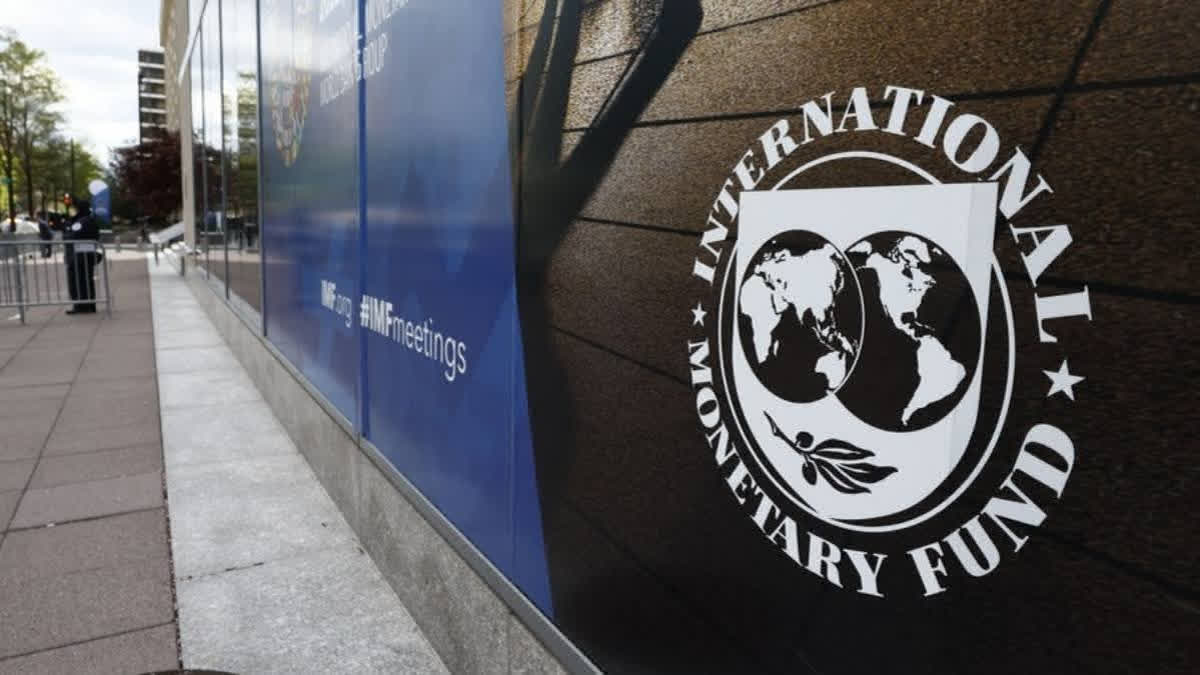New Delhi: The Heads of the International Monetary Fund (IMF), the World Bank Group (WBG), and the World Health Organization (WHO) have agreed on broad principles for cooperation on pandemic preparedness.
“This cooperation will allow a scaling up of support to countries to prevent, detect and respond to public health threats through the IMF’s Resilience and Sustainability Trust (RST), the WBG’s financial and technical support, and WHO’s technical expertise and in-country capabilities,” the WHO said in a statement.
The RST allows eligible member countries to access long-term financing at low interest rates to help implement reforms that address structural challenges to the stability of the economy, such as those posed by pandemics, and to enhance countries’ health systems resilience.
“The COVID-19 pandemic highlighted the need for new sources of financing to bolster health systems to make them more able to prevent and detect epidemics and pandemics, and to respond and withstand them when they strike,” said Dr Tedros Adhanom Ghebreyesus, WHO Director-General.
WHO is proud to be working with the IMF and the World Bank to unlock financing from the Resilience and Sustainability Trust, and support countries to put it to work for a safer world, he said.
“Operating within their respective mandates and policies, the IMF, the WBG, and WHO will leverage their expertise to enhance pandemic preparedness in their member countries, building on the synergies and complementarity of each institution’s in-country analysis and operations. This collaboration will strengthen the design and articulation of effective policy, institutional and public financial management reforms supported by the IMF’s Resilience and Sustainability Facility (RSF), the policy reforms and investments supported by the WBG, and the technical and operational support provided by WHO,” the global health watchdog said.
In strengthening the pandemic preparedness framework, member countries will also work to improve the resilience of their health systems and their ability to respond better to all health emergencies.
Broad Principles of Coordination
WHO and the WBG will continue to take the lead on health-related development policies and, with other multilateral development banks and The Pandemic Fund, on specific project investments for pandemic preparedness. RST financing will not be earmarked for specific projects.
Pandemic preparedness policy reform measures supported by RSF arrangements will be informed by existing data, analytics and operational engagement of WHO, the WBG, and country authorities.
Pandemic preparedness reforms will build on each institution’s area of expertise. RSF programs will focus on macro-critical policy reforms within the IMF’s expertise and complement the work carried out by the WBG and WHO to maximize both the financial resources and technical expertise available to countries. RSF Reform measures can include policy actions aimed at enhancing the readiness of finance and health systems to respond effectively to future health emergencies.
“The stepped-up collaboration with the World Bank Group and the World Health Organization will help our institutions complement and leverage each other’s expertise to help our members strengthen pandemic preparedness and enhance resilience of their health systems. The IMF’s Resilience and Sustainability Trust allows eligible member countries to access affordable, long-term financing to address structural challenges that threaten their macroeconomic stability,” said Kristalina Georgieva, Managing Director of the IMF.
Read more:



